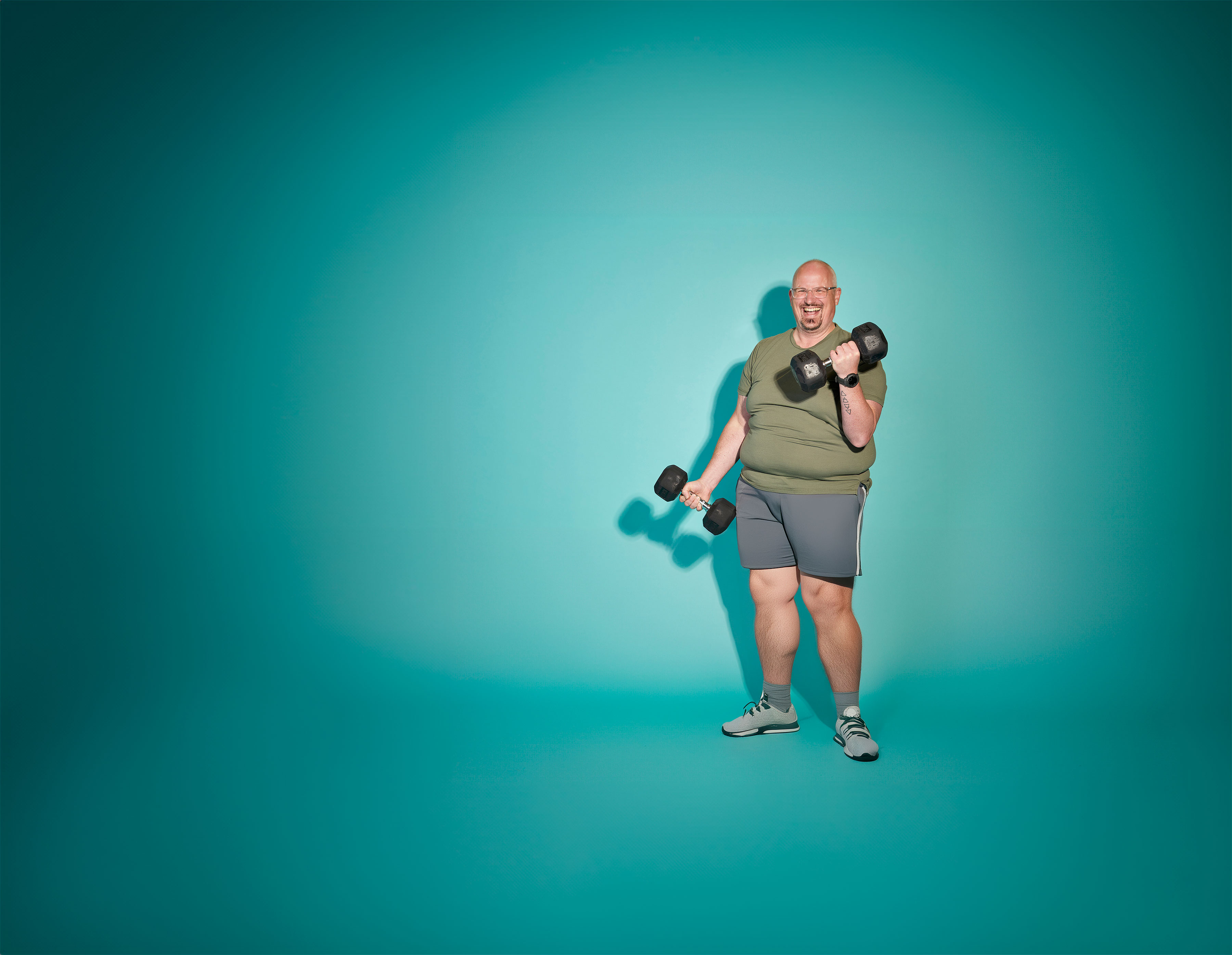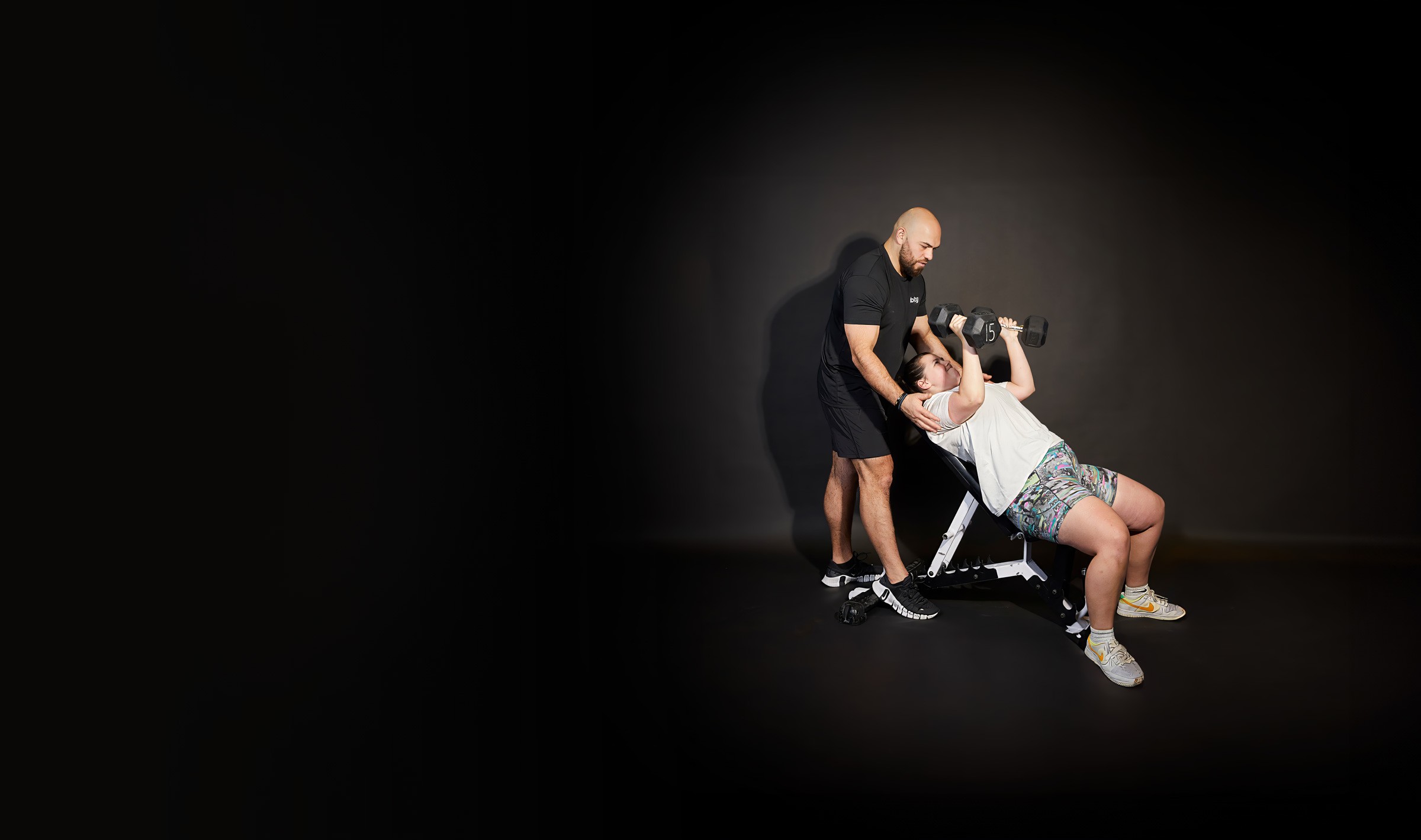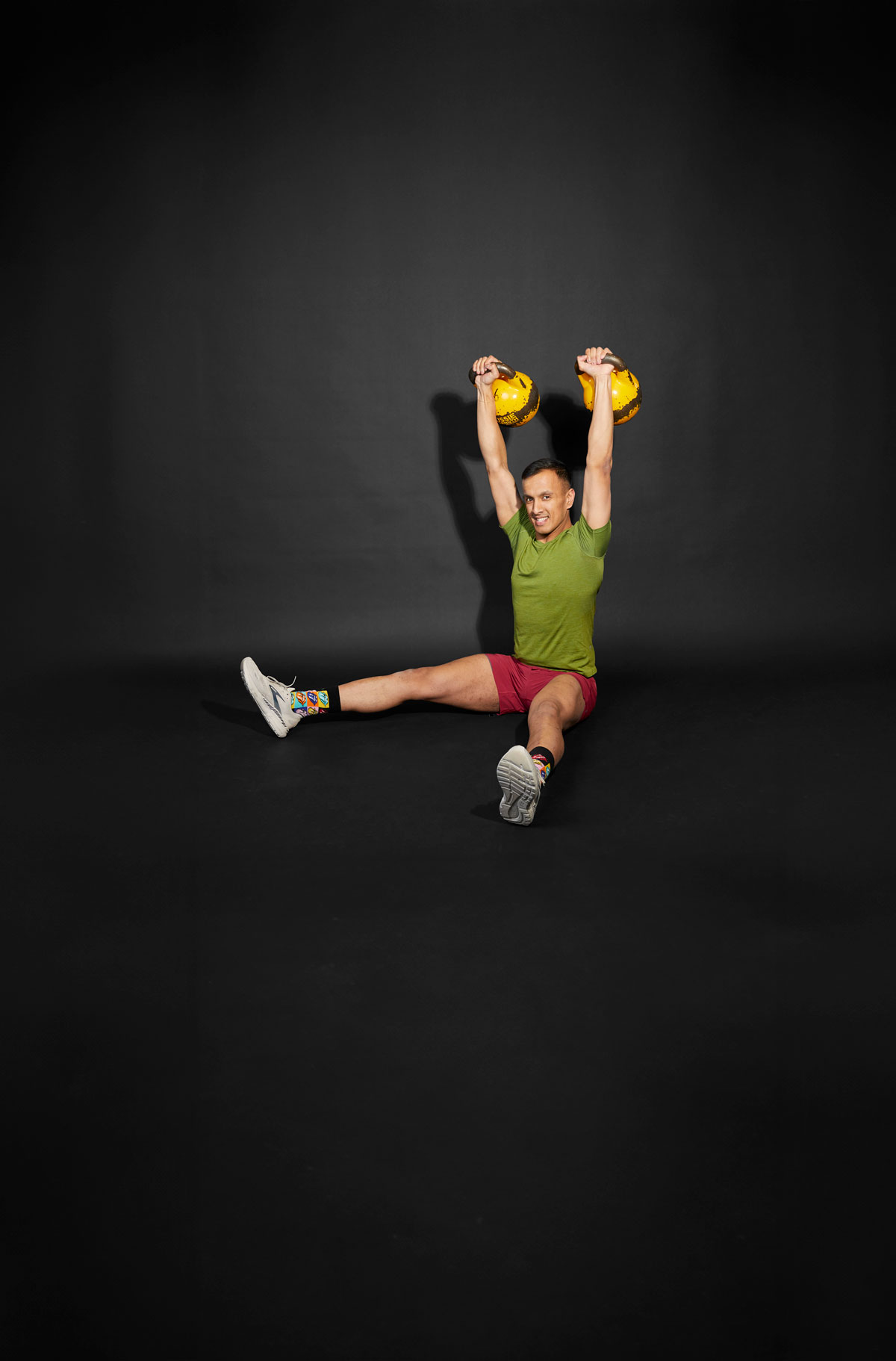
News
Wednesday 15 November 2023
I’ve been reading Training for the New Alpinism, a Manual for the Climber as Athlete by Steve House and Scott Johnston. As a strength training coach, I was interested to read the research about training for endurance.
I want to go and climb a big mountain because I want to test myself physically. I like the idea of doing something really hard. I’m planning to climb The Minarets, a 3040m peak (well it's two peaks actually) in the Southern Alps of New Zealand. We’ll be in the mountains for 6 days and will attempt the summit in the best climbing weather window.
On summit day we’ll leave the hut above the Franz–Fox Glacier at 3 am, in the dark, to start the ascent by headlamp. We’ll be about a third of the way up when the sun comes up. All going well, we’ll reach the summit around 10 am – 7 hours later, before the equally serious descent. We’ll be chipping away with crampons and an ice axe for about 12 hours to complete the climb. This is a serious mountain, and it will take me outside of my comfort zone both mentally and physically. I am a little worried that my strength and HIIT training 6 days per week is not going to be enough to prepare me for the endurance required.
Reading Training for the New Alpinism has made me feel a lot better. House and Johnson explain that not many years ago strength training was considered a no-no for endurance athletes. It was thought that for conventional endurance sports like running, cycling, rowing and swimming, the forces required are so far below maximal that athletes shouldn’t spend precious training time increasing their maximal strength. It was also thought (wrongly) that strength training would increase body weight.
Then Norwegian exercise physiologist Jan Helgerud completed a couple of studies where endurance athletes were trained to improve their maximal strength. They radically improved their time to exhaustion (a very good measure of endurance).
In one study their time to exhaustion improved by 100% after adding only 9 weeks of 30-minutes of strength training per week to their regular routine.
This staggering improvement in endurance for the minimal time investment put to rest any notion that endurance athletes could not benefit from strength training.
So, I’m feeling better about my preparation for climbing a 10,000ft mountain, but it begs the question – how many of you running to the top of our mountain on Sunday had strength training in your training program? And how much faster could you be to the Pinnacle if you had??
→
News
→
News
→
News
→
News
→
News
→
News
→
Nutrition
→
Nutrition
→
News
→
Nutrition
→
Fit-tip
→
Fit-tip
→
Fit-tip
→
Lifestyle
→
Nutrition
→
Lifestyle
→
Nutrition
→
Lifestyle
→
Lifestyle
→
Nutrition
→
News
→
News
→
News
→
News
→
Fit-tip
→
News
→
Nutrition
→
News
→
News
→
Lifestyle
→
Fit-tip
→
Fit-tip
→
Events
→
Fit-tip
→
Lifestyle
→
Nutrition
→
Lifestyle
→
Lifestyle
→
Nutrition

















































